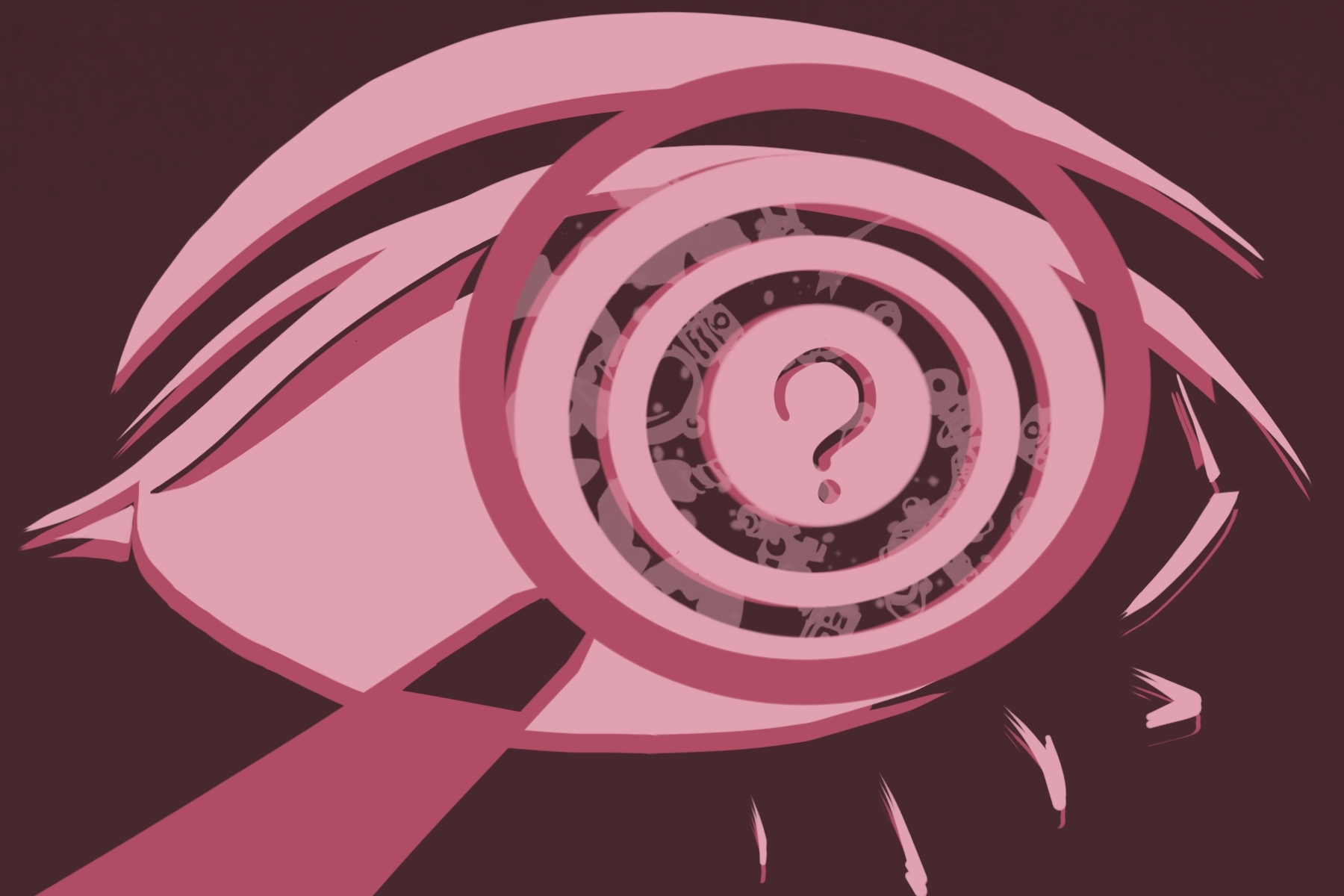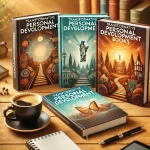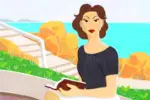The other day, I walked outdoors for the first time in several weeks to get the mail. I felt a gust of wind blow by me, and I thought, “I’d forgotten what wind feels like.” I’d never really considered it remarkable, or even noticeable, to be standing in the way of a breeze, to feel my hair and clothes billow around my body, to squint my eyes against the cold. But in our age of social distancing and staying indoors, the smallest act of going outdoors to get the mail engaged my curiosity. It got me thinking about the other things I’d taken for granted pre-coronavirus that now seem foreign and astonishing. And it made me realize that I’d never really been that interested in the things I took for granted. They were just parts of life. Simple things like feeling the wind through my hair or buying a donut at the local Safeway were unremarkable because they were everyday occurrences.
But I realized, perhaps too late, that being interested in the world we live in, including its most mundane aspects, is what keeps you going day-to-day. It’s said that adults lose their sense of curiosity. Children, with their insatiable desire to know things, have a skill that adults dearly need to recover. But it’s hard to remain interested in the world around us when it appears to be crumbling to pieces. Beyond the coronavirus articles that predict the worst for both the economy and hopeful beachgoers, it seems like there’s little else to be curious about. Most of the interesting things in our lives have evaporated overnight — a lot of the moments of social intimacy we lived for are now inorganic, stilted and subject to the whims of uncooperative technology.
Yet, I’ve found myself tired of being angry at the world for being unfair, for robbing me of my youth. I am one of the privileged few whose chief complaint since mid-March is being a bit bored while locked up in my childhood home. And though I think it’s likely too early to look for a silver lining in this pandemic, I’m also aware that it hasn’t taken away all my blessings. There are ways — small, actionable ways — to shed the angry, blasé coil that the global situation has forced upon us. There are still ways to be curious about our world even if it’s limited to our childhood homes, our apartments or our neighborhood blocks.
Learn about something interesting for the sake of learning.
For many of us, the amount of time we’ve had over the past few months has been expansive, and we’ve been looking for ways to fill it. When quarantine began, people were keen to use this time to be productive, to continue churning out marketable, resume-worthy things. But slowly, people began to understand that amid a rapidly changing world, our old ideas about what we value, what we label as “productive,” have changed. Like actor Riz Ahmed said in an interview with The New Yorker, “if there’s an arc to this journey, it might be starting to interrogate and challenge some of those mantras [about productivity] that we all inherited.”
Learning and consuming content for its own sake rather than for the sake of scaffolding our resumes is key to cultivating curiosity. If we consume content not because it’s lucrative but because it’s interesting, we find ourselves curious about everything. There are dozens of avenues to help you explore interesting ideas. Any kind of writing or art that you’re interested in, there’s probably a podcast for it. There are platforms, like Skillshare and MasterClass, chock-full of online classes if you’re looking to invest in your learning. And even creators on YouTube and shows on Netflix have the potential to teach you things. I’ve recently been drawn to the calming, repetitive, educational videos from Baumgartner Restoration, an art restoration firm, and from Bernadette Banner, who eloquently disparages the inaccuracies of pop culture Victorianism. And since I’m a sucker for reality competition shows, I binged “The Big Flower Fight” last week and immediately began watching classes on flower arranging on Skillshare. Will I become an award-winning florist? Nope. But am I learning interesting things that I’d never quite thought about before? Yes.
Ask questions about why things are the way they are.
One of the most fascinating points in Yuval Noah Harari’s book “Sapiens” is his insistence that nothing that exists in our world was inevitable. Our institutions, our philosophies and the way we view ourselves and one another are all constructed ideas. The way to maintain our curiosity is to question the foundations of our ideas, the things we take for granted. No question is stupid, despite what the public school systems might tell you. The more you question things, the more you learn about the importance of the choices you make — how none of them were inevitable and how all of them have effects on you and on the world.
When we’re engaged in acts of creation, such as writing a story, painting a picture or filming a video, we make 10 choices every second, not just about what goes on the page or the canvas but also about what stays out. The way we conduct the rest of our lives is much the same. We make choices about what we do and what we want, which in turn tell us what we don’t do and what we don’t want. Asking ourselves why is key to understanding our values. Why can’t this scene be written a different way? Why can’t a different color be used in this part of the painting? That which we don’t choose for our lives is equally important as that which we do.
And we are allowed to make value judgments about the content we produce and consume. Like Forbes magazine says, a way to increase and maintain your curiosity is by reading voraciously, and that’s true, but it’s more about reading intentionally than indiscriminately. If you choose to read books that have been widely acclaimed as classic, foundational texts, it’s okay to stop halfway because you find that they don’t appeal to you. The way we consume content is subjective, and we’re allowed to emphasize the things that interest us over the things we’re “supposed” to be interested in.
Carry an Everyday Notebook.
When you read something that piques your curiosity or see something that inspires you, write it down in a notebook. Indiscriminately add to it; populate it with things that make you think. That’s the point of an Everything or Everyday Notebook. It’s a place to dump thoughts, lists, quotations, song lyrics, doodles and anything else you find in this world that makes you think twice. You can follow this article from Medium that has you mark off different sections of a notebook and fill it with relevant tidbits, or you can have it be free-flowing, each page different from the last.
Above all, we have to choose to care about what the world has to offer. Otherwise, it’ll pass us by. Even in a time like this when everything is slow and uncertain, little miracles exist. The world, however small it has become, is still alive. It continues to provide moments of importance and hope, moments we can choose to invest in even when nothing else seems to be in our control.

















